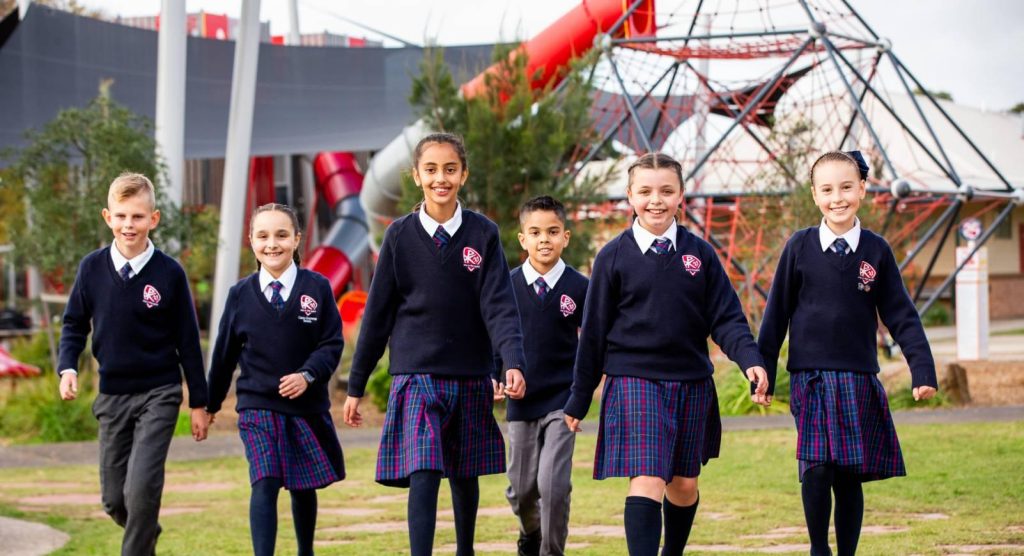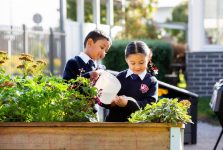Finding Strength During Challenging Times
The past two weeks have been incredibly difficult for us all. COVID restrictions continue to tighten, our lock down period has again been extended, remote learning continues, the constant threat of illness hangs over us and, together, we mourn the loss of members of our school community.
I extend my thanks to parents, staff and students who continue to reach out to each other and to provide comfort and support to those in need. Particular thanks go to our School Chaplain, Monique Riviere Pendle, for the beautiful memorial service she created for Annalise.
Thank you also to our School Psychologist, Alan Clarke, and to all of our wellbeing staff who have supported, counselled and consoled parents and students in their time of need. Thank you, too, to our teachers who continue to provide the most extraordinary remote learning to students under increasingly exhausting circumstances.
Finally, thank you to our parents who have supported each other through these difficult times while continuing to juggle working from home and supervising their children’s remote learning.
We are shattered. Yet our community grows stronger with each challenge thrown our way. Together we are experiencing the strength and healing power of our community. At a time when our sense of community is being tested by enforced separation, our community has grown closer.
Thank you to every member of our school community for your contribution to our flourishing school.
Some Useful Resources
The ISV Parent Website has some excellent contemporary advice for parents. Adolescent psychologist, Andrew Fuller, is a regular contributor and I commend his latest article to you as it contains useful advice on how to support your teenager through the pandemic. You can read the article here.
If you have a spare hour, I also highly recommend watching Dr Jared Cooney Horvath’s webinar: A tour through the teenage brain.
During this webinar, he explores the brain, how it develops and how things change during adolescence and early adulthood.
Through fun, interactive activities, parents, carers—and even their young people—can learn how and why teenagers think differently than adults and consider ways we can support them academically, emotionally, and cognitively.
If you or someone you know is struggling, please reach out for help. These helplines offer 24/7 Mental Health support.
Stay safe, stay well.
Mrs Fiona Williams


 2347
2347










